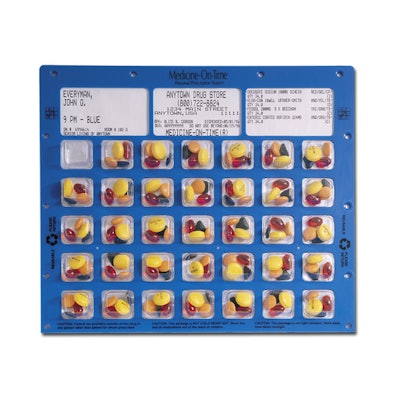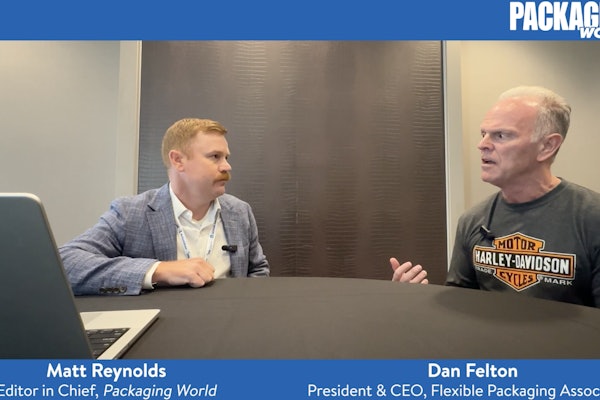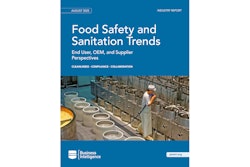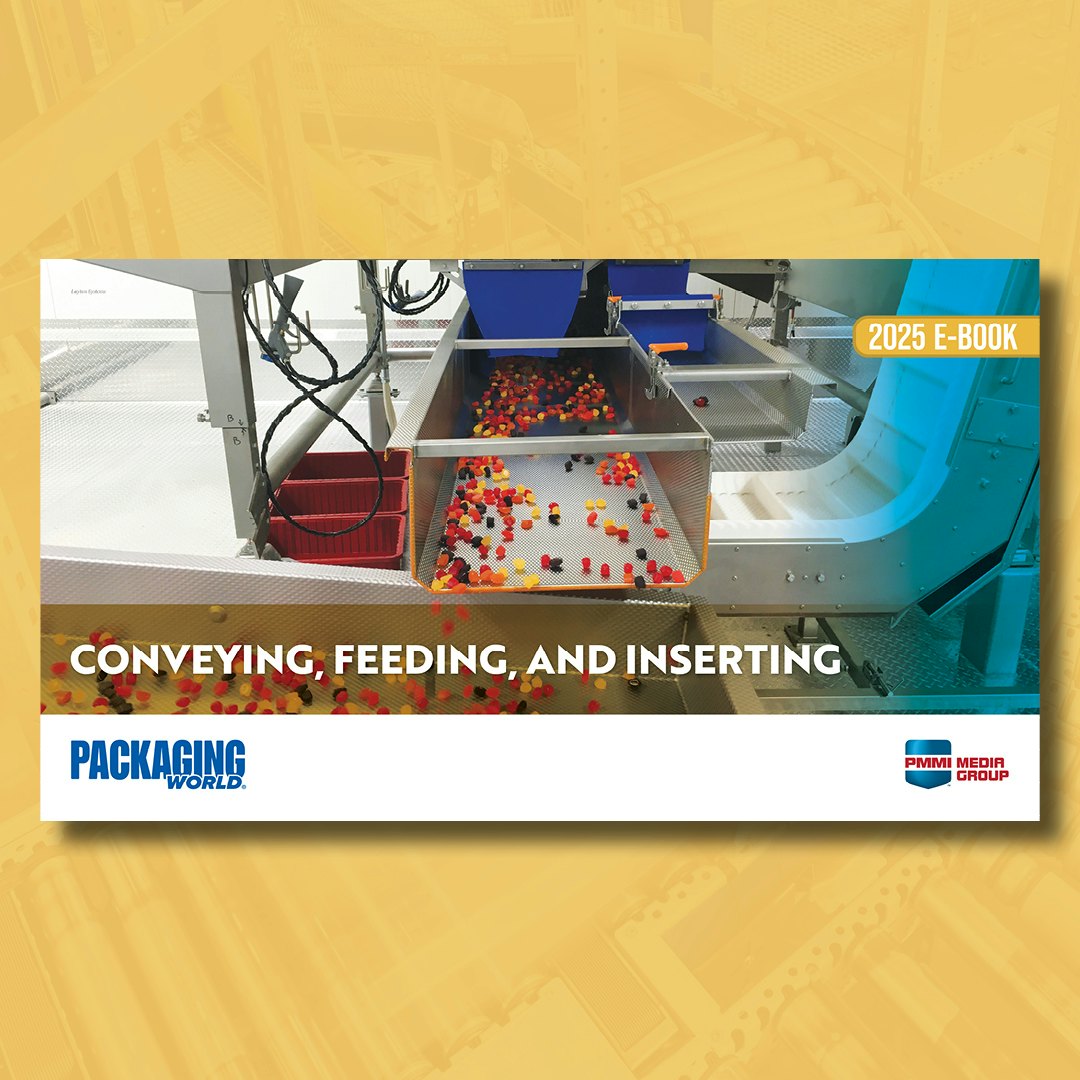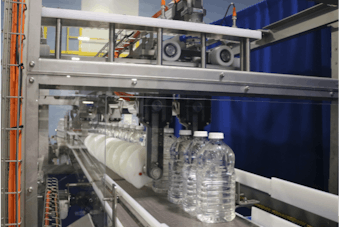A new study assessing the impact of a medication adherence management program on nursing home admissions found that Medicine-On-Time’s medication management system helps ensure that medications are taken properly through the use of patient-specific customized packaging.
Medicine-On-Time provides medication delivery systems designed to make it easy for pharmacists, caregivers, and healthcare professionals to administer and track medication. The Hunt Valley, MD-based company’s mission is to improve patient quality of life by providing a common-sense solution to the problem of medication management; to simplify the administration of pharmaceutical care for caregivers and healthcare professionals, to reduce the rate of prescription errors that can potentially cause major health complications while costing the national healthcare system hundreds of billions of dollars annually. According to the company, Medicine-On-Time is in use by independent pharmacies across the United States, serving approximately 125,000 patients per year.
The company’s “original package,” designed with the independent patient in mind, is a two-sided “sandwich” design Calendar Card system, with each punch-through blister cavity having a six-pill capacity.
Designed with the caregiver in mind, the “quick release package” (shown) is a single-sided Calendar Card system allows quick removal of the pill where punch-through opening is not an option. Again, each blister cavity can hold up to six pills.
Medicine-On-Time’s “high capacity package” holds up to 12 pills in each blister cavity within a “portfolio” design Calendar Card system. It is designed with the HIV/AIDS patient in mind. More information is available at the company’s Web site.
In the study, published in The American Journal of Geriatric Pharmacotherapy, researchers from the University of South Carolina School of Public Health found that the use of the Medicine-On-Time medication delivery technology reduced the likelihood of nursing home admission by 66%.
This study found that the pharmacy-based calendar card dispensing system and coordinating service, which was designed to facilitate medication adherence, can reduce medication management issues, address problems as they arise, and reduce nursing home admissions of community dwelling, nursing home–eligible patients. With nearly 1.5 million residents in nursing homes, the widespread implementation of a medication management system could potentially save the healthcare system billions of dollars per year by avoiding unnecessary nursing home admissions.
“This study confirms what Medicine-On-Time has known for many years: Simple tools that aid in daily living, well designed and properly applied, can keep patients independent longer and save healthcare dollars,” says Medicine-On-Time CEO Ian Salditch. “This study is an excellent example of how a medication adherence program can help us improve the health of Americans, while simultaneously reducing the financial burden on the cash-strapped national healthcare system.”
The study was commissioned by South Carolina Medicaid and funded by the Centers for Medicare and Medicaid (CMS). The study examined the causes of nursing home admissions among a population of more than 1,000 seniors and 15 community pharmacies that serve them.
“Medication plays a central role in patients’ therapies,” says lead researcher Richard M. Schulz, Ph.D. “Medication management systems, such as the one used in this study, can improve patients’ lives and well-being while reducing admissions to nursing homes, which has a far-reaching economic impact.”
An abstract and full copy of the report can be downloaded from Journal of American Geriatric Pharmacotherapy Web site.
